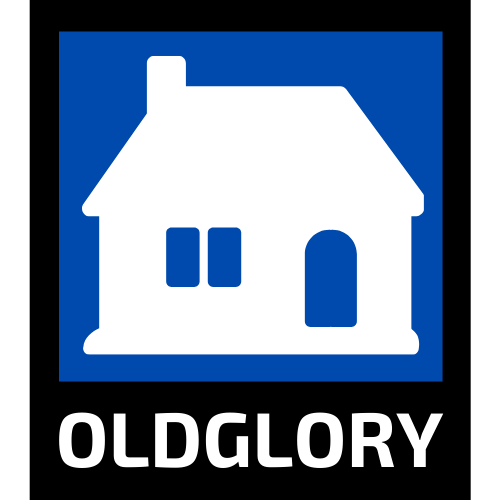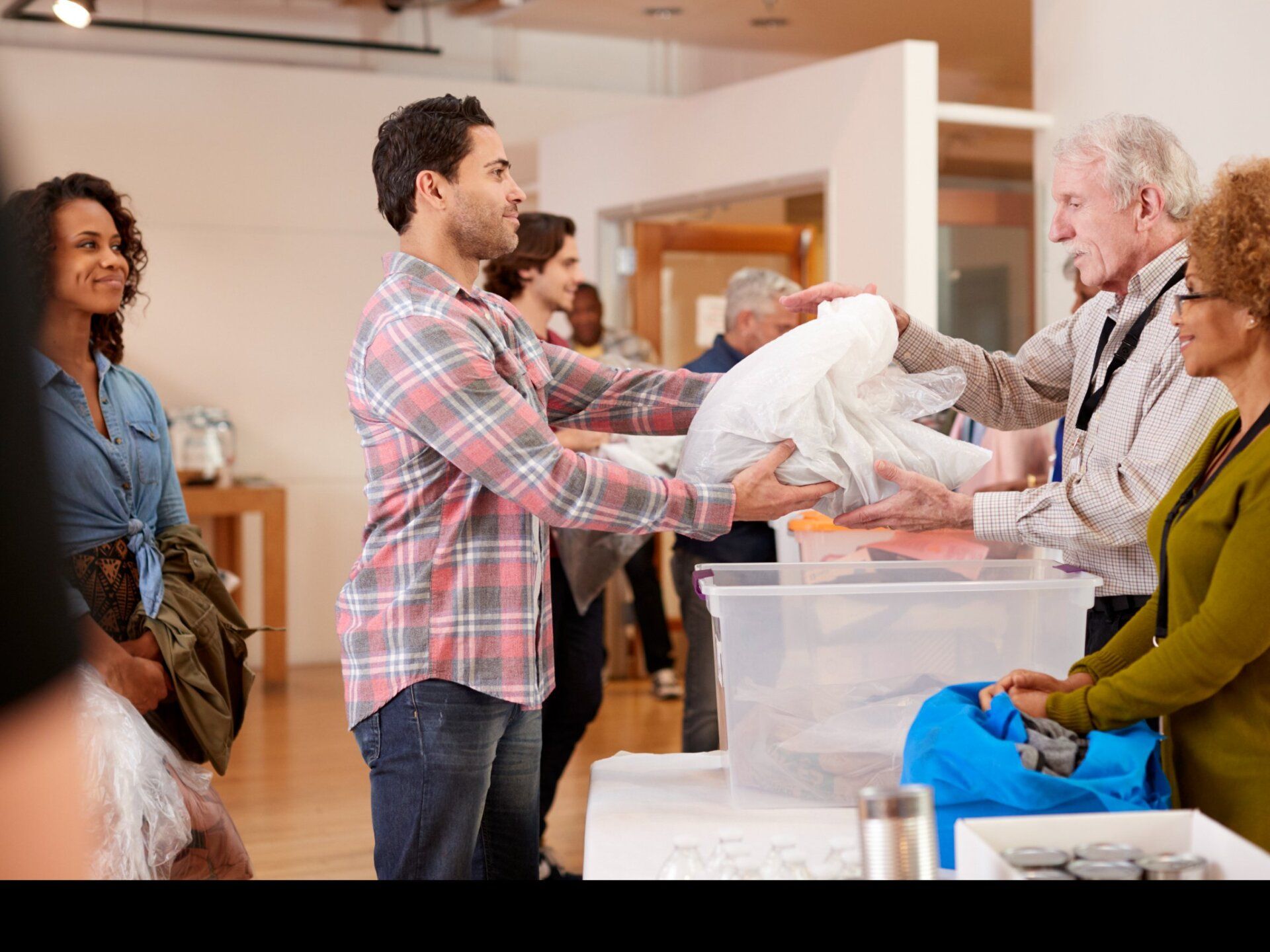What is Service-Enriched Housing?
Did you know there are nearly 600,000 people experiencing homelessness on any given night in the United States? Homeless families with children make up 30% of that number and another 6% are unaccompanied youth under the age of 25. It’s a problem that’s only getting worse.
Of course, that doesn’t even account for all the low-income families struggling to provide for their loved ones on a daily basis. Whether they’re struggling to provide shelter, food, education, medical support, clothing, or a combination, it’s clear that they need help and they need it now.
That’s where affordable housing can help turn a family’s luck around. It gives them a sense of stability and balance, which is essential to getting back on your feet and thriving in this beautiful world. Sometimes all we need is a helping hand and that’s what affordable housing offers.

So, what is service-enriched housing?
Service-enriched housing is a term that’s growing in popularity with affordable housing initiatives. As we learn more about the problem and understand the needs of struggling families, we begin to realize that some homeless and low-income families need more help than what’s offered.
Also known as permanent supportive housing, service-enriched housing goes beyond ensuring shelter to those that need it most. As the term suggests, service-enriched housing offers a wide range of social services designed to improve the health, wellness, and future of its residents.
Since homelessness isn’t getting any better and families are struggling more than ever before, service-enriched housing is designed to assist, support, and monitor families with the goal of achieving independence and prosperity. With a little bit of help, we can all achieve and prosper.
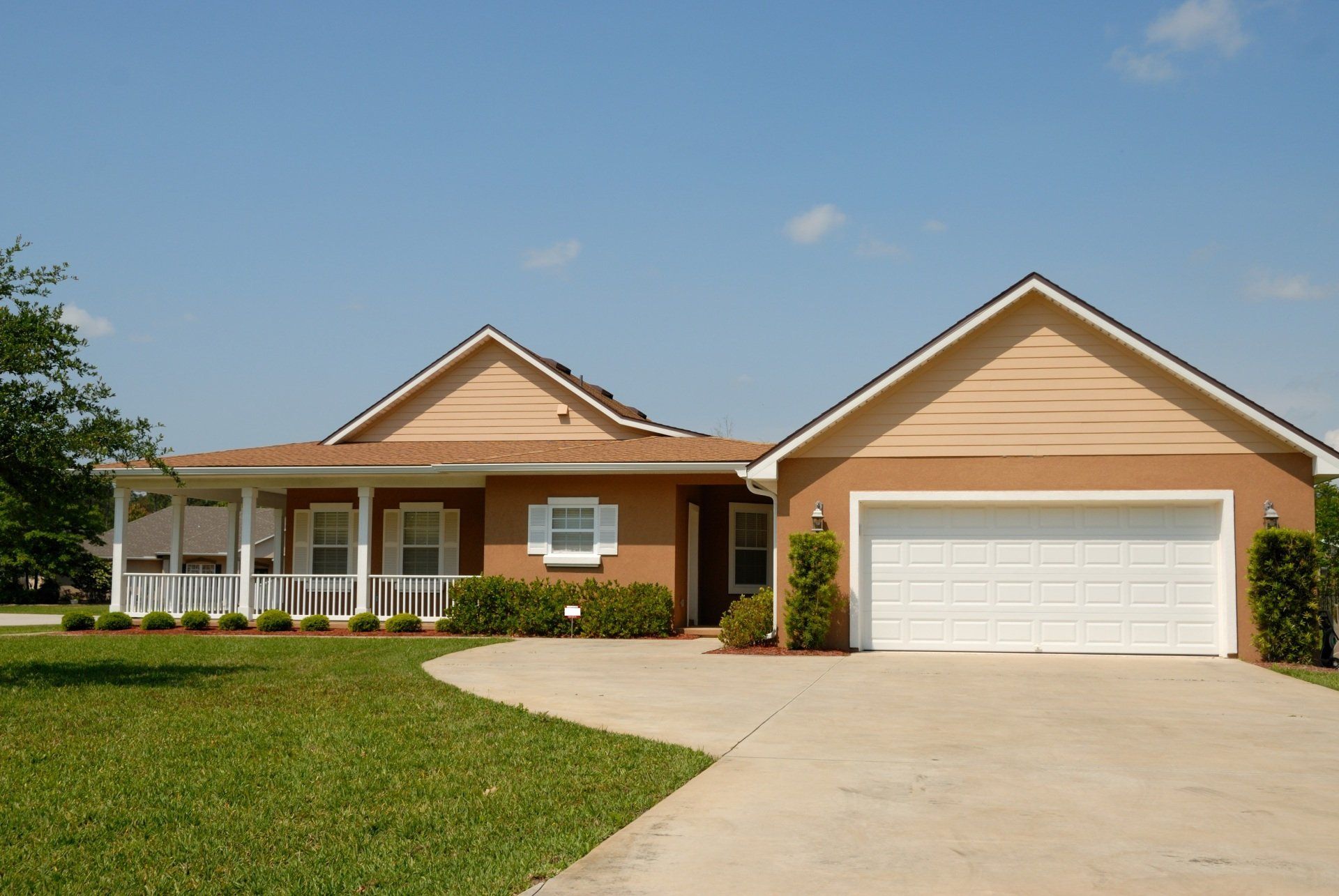
What Supportive Services Do Low-Income Families Receive?
A strong support system is essential to living a happy, healthy, and rewarding life, but not everyone has access to a support system --let alone a strong one. With service-enriched housing, residents are given the support, guidance, direction, and resources needed to thrive.
Although every service-enriched housing initiative is unique and not all initiatives are created equal, they’re all designed to improve the overall quality of life for low-income, homeless, or struggling families and individuals. Here are some of the many supportive services they offer:
Crisis Intervention
Tragedy can strike at any moment and it often comes without warning. While most struggling families aren’t prepared for these events and often don’t have the resources to recover from them, service-enriched housing can ensure that family has access to whatever they need.
Employment & Training Opportunities
Most low-income individuals either have a hard time finding a job, a hard time sustaining a job, or difficulty finding a quality job. The goal behind service-enriched housing is to help residents find the right job and give them the tools or resources they need to find success at that job.
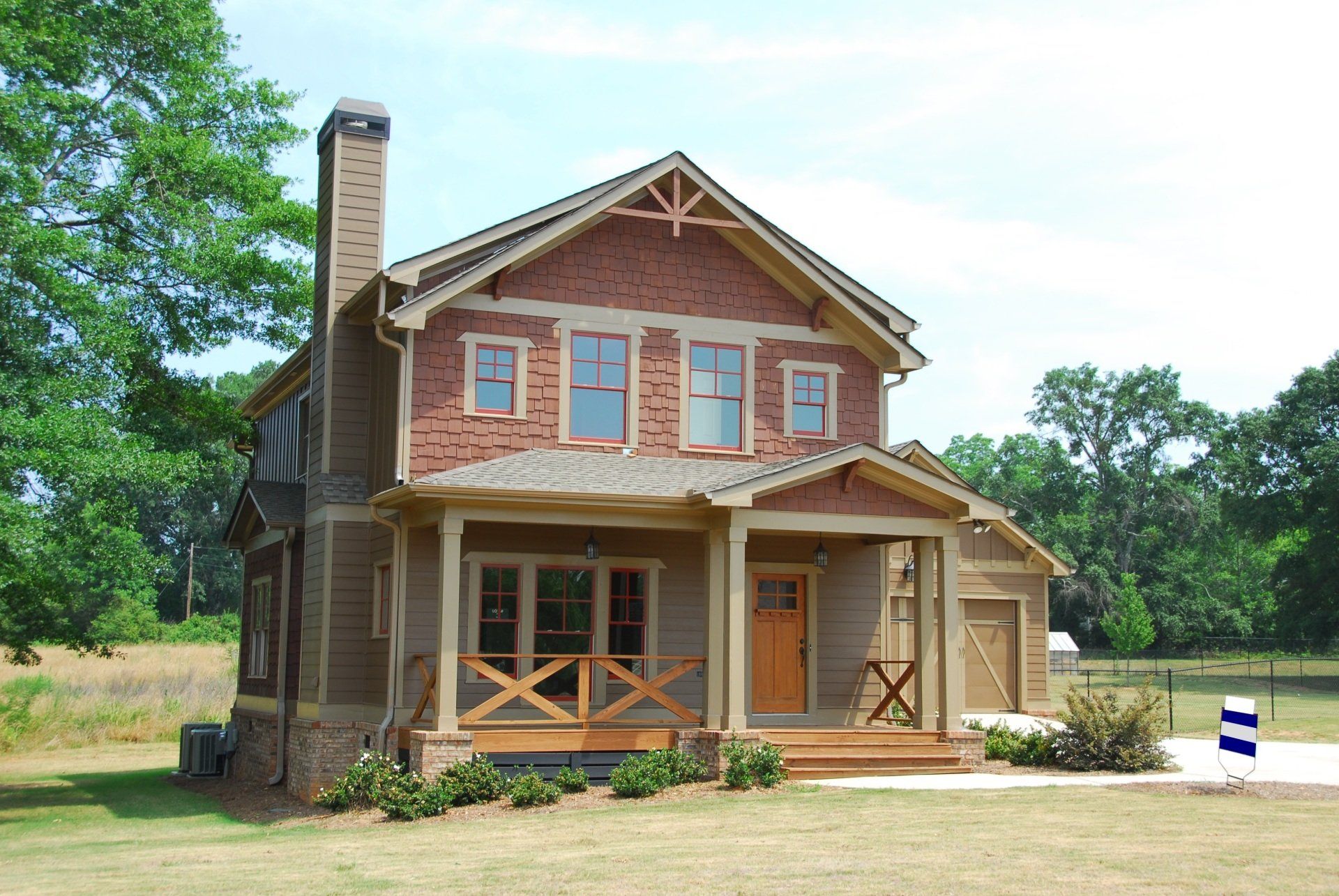
School & Education Assistance for Children
Let’s not forget about the children -- remember, 30% of the homeless population is made up of families with young children. With service-enriched housing, children are given a chance to succeed in a school that’s right for them. No one should be denied proper education assistance.
Health Care & Medical Support
Low-income families and homeless individuals don’t always have access to health care and medical support, especially when they need it the most. Service-enriched housing ensures these individuals and families have access to whatever medical services they need.
Social Services for Low-Income Seniors
We’ve talked about the adults and children, but we can’t forget about the elders. Another goal with service-enriched housing is ensuring seniors live and age comfortably. Whether they need temporary or permanent care, seniors are always protected with service-enriched housing.

Benefits of Service-Enriched Housing Programs
Now that we understand some of the services offered by service-enriched housing programs across the country, you’re likely wondering how that impacts the resident’s quality of life. While every situation is unique and residents benefit in different ways, it’s designed to help anyone.
Let’s take a look at some of the most prominent benefits of service-enriched housing initiatives and how those services can help change the resident’s life for the better.
Reduced Homelessness
Like other types of affordable housing initiatives, service-enriched housing helps ensure struggling individuals and families have access to one of the most basic needs in life -- shelter. This helps get people off the street and gives them a place where they can build a quality life.
Increased Housing Stability
Having an affordable home gives people a sense of stability, which gives them the peace of mind to grow, develop, and mature. With housing stability, people have more confidence and motivation to do the things they’ve always dreamed of -- which can be liberating for anyone!
Reduced Hospital Utilization
Having access to proper health care and medical support allows families to better monitor their health, both by detecting health concerns in their early stages and treating health concerns properly and in a timely manner. This keeps people out of the hospital and in their homes!
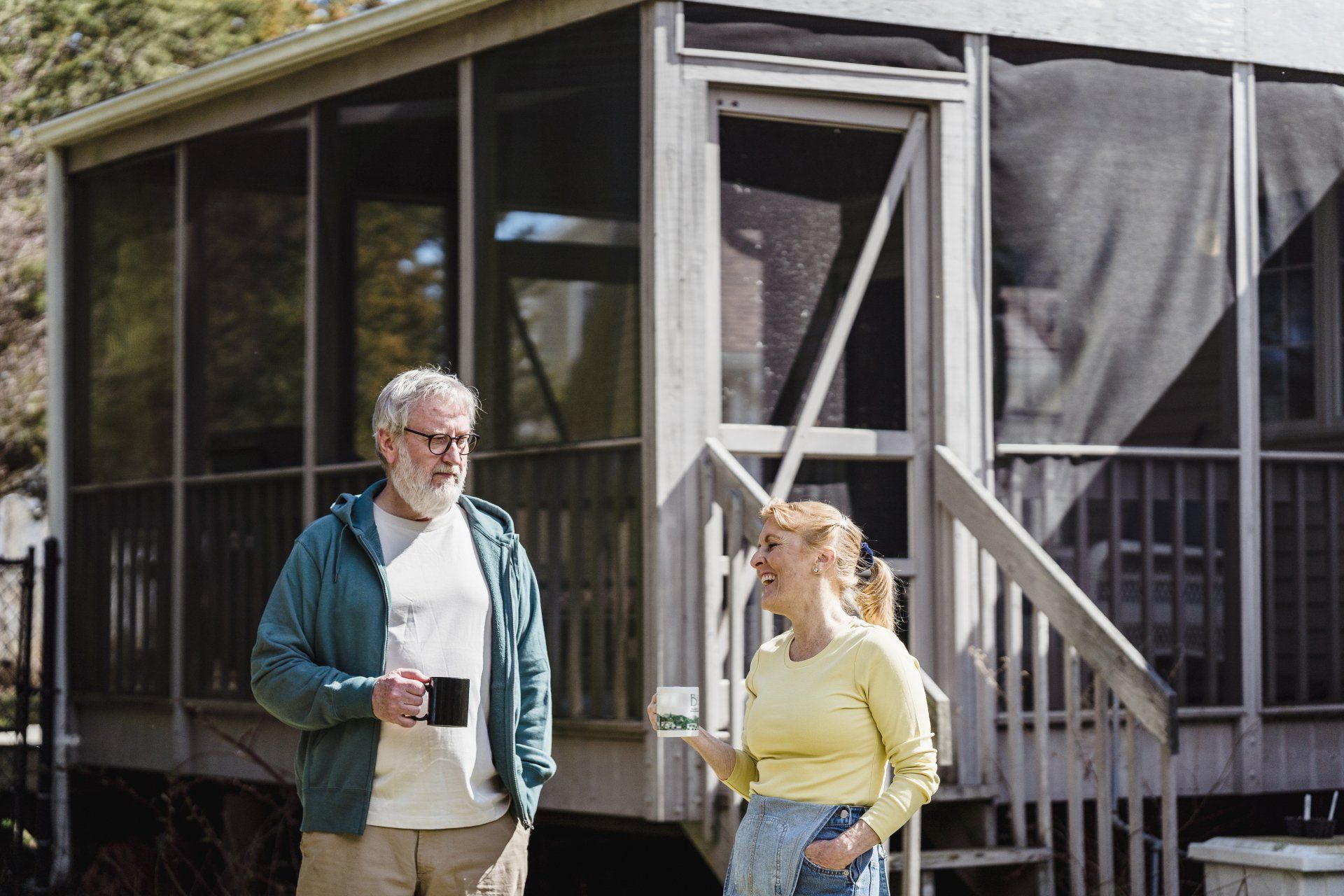
Financial Literacy & Opportunity
If there’s one thing we all want, it’s an opportunity to succeed in this complex world. We want to make quality money doing the things we enjoy doing the most, which shouldn’t be that much to ask for. With the right tools and resources, you have everything you need right in front of you.
Health, Well Being, & Quality of Life
Your quality of life is determined by a wide range of factors, most of which are covered with quality service-enriched housing programs. Residents have access to the right resources, which is essential to living a healthy, rewarding, memorable, happy, and well-rounded life.
How Can Old Glory Housing Help?
At Old Glory Housing, we take pride in helping low-income individuals and families find a stable and sustainable home to grow in. We understand how important this is to live a quality life, which is why we go above and beyond for those that need quality affordable housing options.
If you’re interested in learning more about our program, need help finding affordable homes in your area, or would like to donate to the cause, contact Old Glory Housing today!
Have a Question? Reach out now for help from our team
Support Mercy Housing in our mission to create stable, vibrant and healthy communities by providing affordable, service-enriched housing. Your donation is essential to supporting individuals as they work to build long-term change in their lives and in their communities


